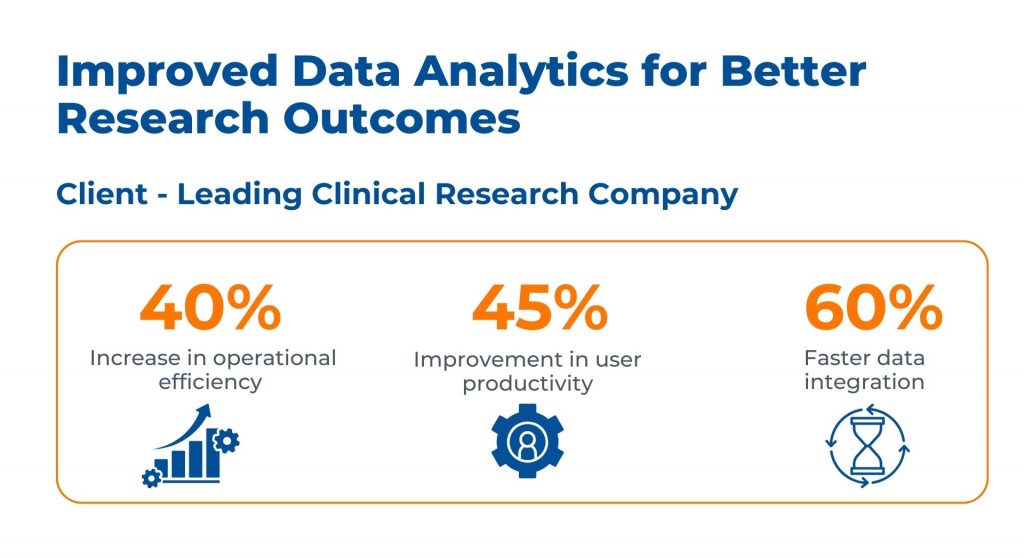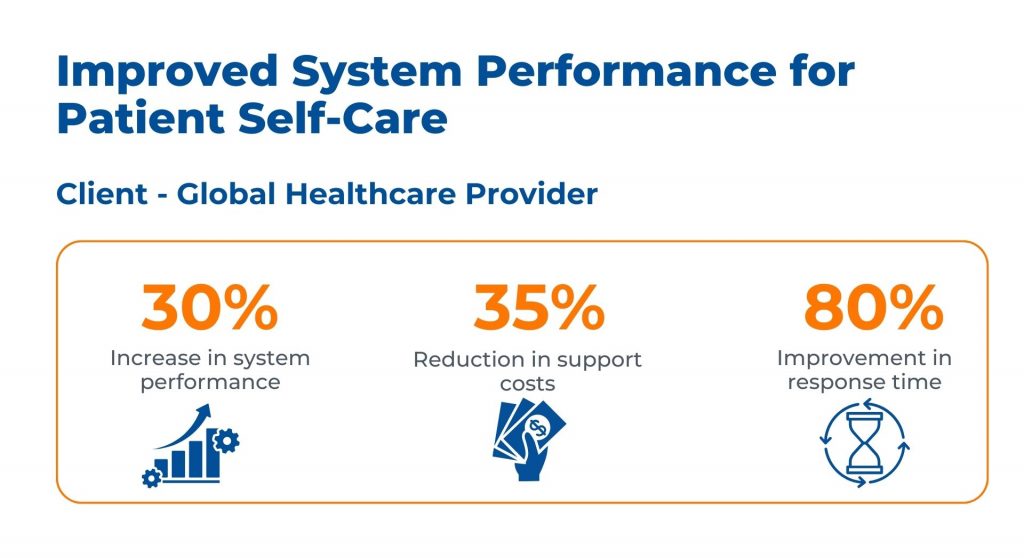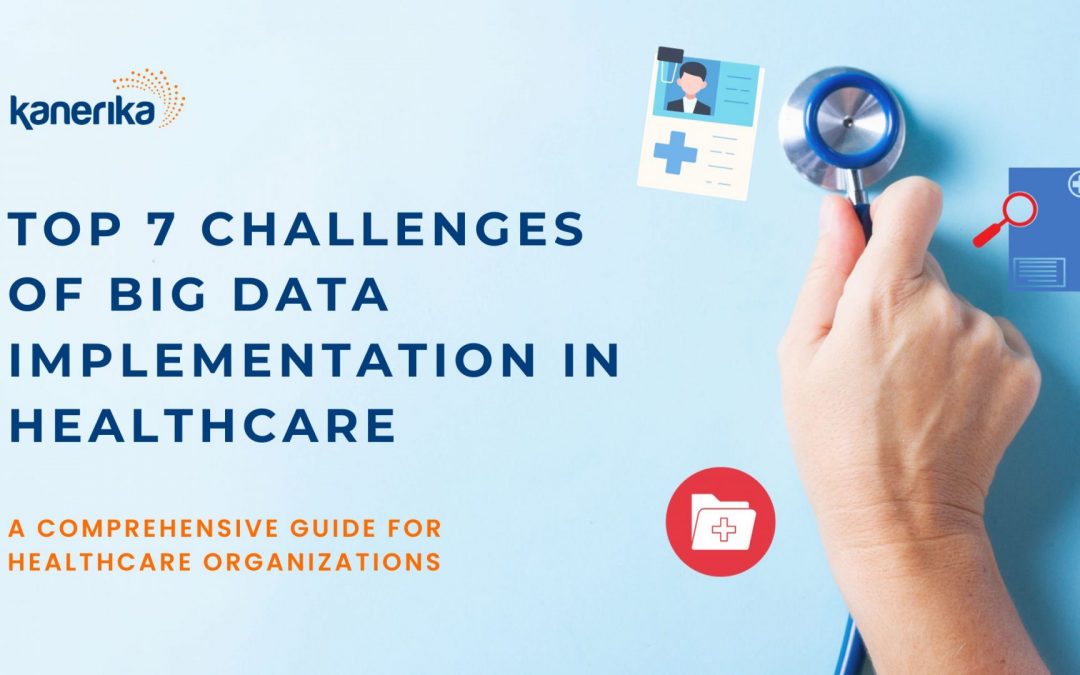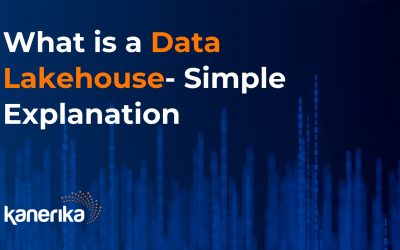There is one quote that perfectly encapsulates the current healthcare scenario – Roy Rosin, Chief Innovation Officer of Penn Medicine, states, “You have to understand what are they worried about, what are their fears, what are they trying to do? If we don’t engage with them that way, it doesn’t matter what technology we use.”
In 2024, we find ourselves at a pivotal juncture where technology, particularly big data in healthcare, is revolutionizing patient care.
Advanced systems are now capable of sending live alerts to doctors about critical patient metrics, like alarming increases in blood pressure, enabling prompt and potentially life-saving interventions.
Innovations such as Asthmapolis’s GPS-enabled inhalers are another testament to this, offering groundbreaking insights into asthma management by tracking trends on both individual and population levels in partnership with data from entities like the CDC.
A McKinsey report highlights the potential of integrated big data systems, citing significant improvements in cardiovascular disease outcomes and substantial cost savings.
However, this wave of advancement isn’t devoid of challenges. The integration of big data analytics in healthcare, while offering immense potential benefits, is proving to be a complex task.
This article delves into the top Big Data challenges in healthcare, exploring how organizations can navigate these hurdles to effectively implement big data analytics programs and achieve their clinical and financial objectives.
Table of Content
- What is Big Data?
- Use Cases of Big Data in Healthcare
- Challenges of Big Data Implementation in Healthcare
- Choosing the Right Partner for Big Data Implementation
- Case Studies of Successful Big Data Implementations in Healthcare
- Kanerika – Your Partner in Big Data Implementation in Healthcare
- FAQs
What is Big Data?
Imagine if businesses had the ability to address complex business problems that were previously unmanageable. With big data, they can. Simply put by Oracle, big data turns immense volumes of varied information into a valuable asset for strategic decision-making.
In healthcare, big data involves analyzing vast amounts of structured and unstructured data to identify patterns and insights.
Characterized by the three Vs: volume, velocity, and variety, it encapsulates significant, rapidly generated data in diverse forms like text, images, and videos.
Healthcare professionals use big data analytics to process this information, providing critical insights for decision-making, enhancing patient care, and reducing costs.
Use Cases of Big Data in Healthcare

Predictive Analytics for Patient Outcomes
Predictive analytics, leveraging big data in healthcare, enables providers to forecast patient outcomes and disease progression. This approach uses machine learning algorithms on extensive patient data, enhancing treatment and reducing costs.
For instance, UnityPoint Health and Health Catalyst effectively reduced readmission rates using predictive models. This technology also aids in managing population health, streamlining insurance claims, and increasing patient engagement.
Facilitating medical research
Big data and machine learning are significantly accelerating medical research, allowing scientists to rapidly predict drug effects and bypass time-intensive lab experiments.
For instance, the big data startup Castor, featured by Forbes in 2020, has revolutionized clinical trial management worldwide. With its platform used in over 200 COVID-19 projects, including the WHO’s Solidarity trial, Castor exemplifies how big data facilitates urgent medical research.
Enabling real-time alerts
Big data in healthcare is revolutionizing real-time alerting, particularly crucial in reducing medication errors, which account for up to 98,000 American deaths annually.
These systems can alert healthcare professionals about potential drug interactions and allergies, directly addressing a leading cause of death. Real-time data analysis also tackles medication non-adherence, a problem costing the healthcare industry an estimated $300 billion each year.
Preventing cyberattacks and fraud
Healthcare organizations are increasingly using big data analytics to prevent cyberattacks and fraud. By monitoring network traffic and behaviors, these systems can identify security threats in real time.
According to a report, healthcare fraud in the U.S. could amount to around $68 billion annually. Big data analytics helps in identifying these fraudulent activities, thereby reducing financial losses for insurance companies and improving operational efficiency in the healthcare industry.
Telemedicine
Big Data technologies have revolutionized Telemedicine, allowing healthcare professionals to offer remote diagnostics and clinical services more effectively. An example of this is the integration of ECGs and stethoscopes into the Telemedicine framework.
These devices, essential for cardiac monitoring, can now transmit patient data remotely for real-time analysis or future review through platforms like ClinicianConnect®.
This advancement enables healthcare providers to monitor heart and lung sounds from a distance, facilitating early detection of issues and delivering more personalized care to patients.
Challenges of Big Data Implementation in Healthcare

Challenge 1 – Data Security
Data security is a major challenge in implementing big data in healthcare. The sector is vulnerable to breaches and cyberattacks, which can be costly both financially and reputationally.
To address this, organizations should choose trusted vendors and implement robust security measures, including encryption and securing all connected devices. The HIPAA Security Rule outlines technical safeguards for storing protected health information (PHI), such as transmission security, authentication protocols, and access controls.
Practical measures include up-to-date antivirus software, firewalls, encrypting sensitive data, and multi-factor authentication. Continuous staff training and vigilant access management are also crucial to mitigating the risks posed by human error.
Challenge 2 – Big Data Implementation Costs
The implementation costs of big data in healthcare are a significant hurdle. Clinics need to invest in technology, computational tools, software, and custom applications to leverage big data analytics.
Additional costs include hiring data scientists and training staff, which can be substantial considering the high demand and salaries for these professionals. With only 2% of data scientists currently unemployed, data scientists in the San Francisco Bay Area earn an average of $130,300 annually, while in Montgomery, the figure is $116,941.
While these initial investments are unavoidable, careful planning and consideration of all potential costs, including indirect ones, can help hospitals minimize unforeseen expenses associated with big data analytics implementation.
Challenge 3 – Data Integration and Quality
Integrating data from various sources to ensure quality and consistency is complex. Healthcare organizations often face difficulties in merging data from different systems, resulting in inconsistent formats, incomplete records, and inaccuracies that can compromise data analytics’ effectiveness.
The challenge is compounded by the variety of Electronic Health Record (EHR) systems like Epic and Cerner and cloud-based solutions such as AWS and Google Cloud, which are integral to the integration process but come with their own set of challenges.
Advanced analytics platforms like Tableau and Power BI are used to facilitate the analysis of integrated data, but they require the data to be in a usable format first. Machine learning and AI technologies offer predictive insights and aid in decision-making, but they also need a unified system to work effectively.
Challenge 4 – Lack of Expertise in Data Tools
Healthcare organizations often struggle with choosing effective data tools, leading to inefficiencies. Moreover, they lack the experience to build cohesive full stack solutions that perform resiliently in faulty conditions. Hiring the right professionals and conducting organizational audits can help in selecting suitable tools.
BCG research, commissioned by Google, categorizes organizations based on data maturity into ‘champions’ and ‘laggards’. Data champions show superior performance, growing revenue over twice as fast as laggards.
By 2024, around 30% of champions anticipate over 10% revenue growth, compared to 13% of laggards. This gap has widened since 2022, highlighting the importance of data expertise in enhancing organizational performance and resilience.
Challenge 5 – Ethical Concerns
Ethical considerations surrounding big data in healthcare are becoming increasingly important. These include ensuring patient consent for data use and avoiding potential misuse of sensitive information. Meanwhile, maintaining the trust of both patients and practitioners in the system’s integrity and purpose.
In terms of real-world examples, the ongoing conversation about integrating electronic health records (EHRs) from multiple sources while maintaining data integrity reflects the challenge of data integration. Ethical concerns are similarly highlighted in discussions about patient consent for data usage in large-scale studies or databases.
Challenge 6 – Inefficient Data Governance
Inefficient data governance is a significant challenge in healthcare big data implementation. Often, there is insufficient support from executives and boards for establishing robust data governance structures.
This results in siloed, inaccurate, and unstandardized data, leading to distrust. Many healthcare providers struggle with capturing clean, complete, and correctly formatted data.
For instance, a study in an ophthalmology clinic found only 23.5% agreement between EHR and patient-reported data. To combat these issues, healthcare providers can prioritize valuable data types, involve health information management professionals, and develop clinical documentation improvement programs to enhance data quality for analytics.
Challenge 7 – Data Sharing
Data sharing in healthcare faces challenges due to technical and organizational barriers. The industry is making strides with tools like FHIR and public APIs, and partnerships such as CommonWell and Carequality, to facilitate secure data exchange.
However, widespread adoption of these solutions is still limited. Data interoperability remains a persistent issue, particularly as healthcare moves towards population health management and value-based care.
Overcoming these big data challenges is crucial for developing an effective big data exchange ecosystem that ensures seamless, secure, and efficient sharing of patient data across various healthcare organizations.
Choosing the Right Partner for Big Data Implementation
We have explored the top 7 challenges of big data implementation in healthcare and discovered that a lot of the difficulties arise due to a lack of expertise and knowledge. Fortunately, this can be remedied by choosing the right implementation partner to work with.
Here are some benefits of working with a trusted big data partner:
Tailored Strategies for Big Data
The ideal partner should offer strategies that are not only proven but also customized to fit the specific needs of a healthcare organization. They should understand the nuances of healthcare data, from regulatory compliance to patient confidentiality, and tailor their approach accordingly.
Healthcare Analytics and Tools
From data warehousing to advanced analytics, the right partner provides tools that cater to the vast and complex datasets in healthcare. These tools should be able to handle everything from patient information and treatment data to insurance and billing details, ensuring a holistic approach to data management.
Deep Industry Knowledge
A partner with a deep understanding of both big data technology and the healthcare industry is essential. They should be able to bridge the gap between IT and healthcare service delivery, ensuring that the solutions they provide address specific healthcare challenges such as interoperability, data sharing, and real-time analytics.
Data Governance and Compliance
With stringent regulations governing patient data, the right partner must ensure that all big data solutions comply with laws like HIPAA in the US, GDPR in the EU, and other relevant regulations. They should also help establish strong data governance policies to maintain data integrity and security.
Case Studies of Successful Big Data Implementations in Healthcare
At Kanerika, we have led big data implementation for global healthcare organizations. Our clients have approached us with requirements for data transformation, data analytics, and data management. Here are three case study excerpts along with their metrics:
Global Healthcare Company – Data-driven Decisions with Data Transformation and Enhanced UX

A global healthcare company faced challenges with disparate and siloed data sources and inefficient UI/UX design, affecting decision-making and user satisfaction.
Kanerika’s team implemented a solution leveraging Snowflake for centralized data mapping and Power BI for an intuitive UI/UX design. The outcomes included a 25% increase in data-driven decisions, a 40% decrease in response time, and a 61% reduction in response time to information.
Leading Clinical Research Company – Improved Data Analytics for Better Research Outcomes

This clinical research company struggled with manual SAS programming delays and inefficient data cleaning, which affected productivity and research outcomes.
By adopting Trifacta, Kanerika’s data team was able to transform complex datasets more efficiently and streamline reporting and data preparation.
This led to a 40% increase in operational efficiency. As well as a 45% improvement in user productivity, and a 60% faster data integration process.
Global Healthcare Provider – Improved System Performance for Patient Self-Care

Inadequate system architecture was impeding patient self-care and system performance for this healthcare provider.
The implemented solution by Kanerika’s team involved re-architecting the system using Microsoft Azure to improve response time and scalability. The results were a 30% increase in system performance. As well as a 35% reduction in support costs, and an 80% improvement in response time.
These summaries highlight the key challenges, solutions, and outcomes for each case study, focusing on the significant improvements made post-intervention.
Kanerika – Your Partner in Big Data Implementation in Healthcare
Navigating the complexities of big data implementation and automation in the healthcare industry requires strategic vision and a skilled implementation partner.
With a heritage spanning over two decades in the tech industry and a dedicated team of more than 100 professionals. Kanerika is adept at steering businesses through the challenges of big data implementation.
Kanerika’s team has a wide array of experience in transformative technologies that drive the healthcare industry forward, including advanced data analytics, AI, and machine learning.
Choose Kanerika and implement the right data practices in your organization!














